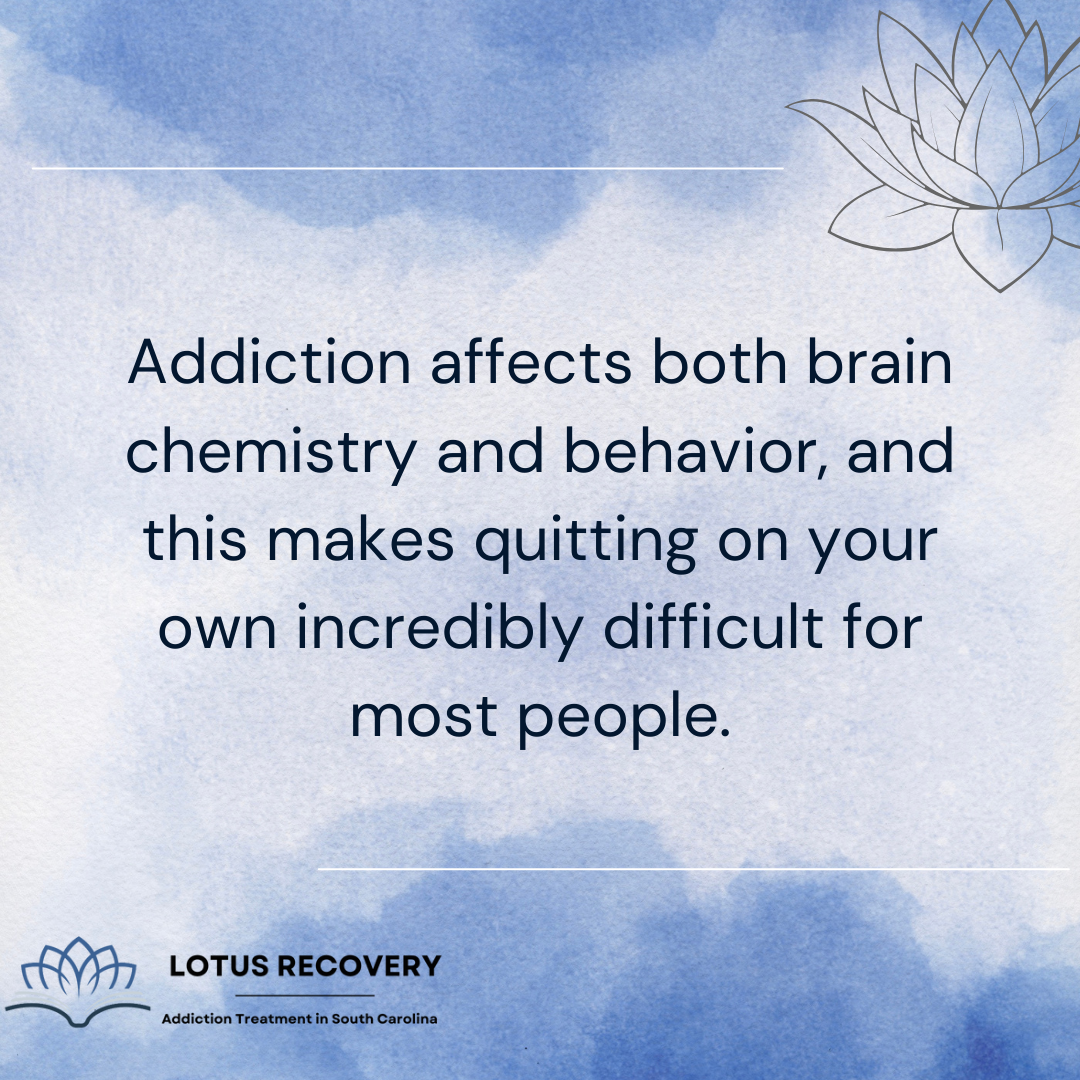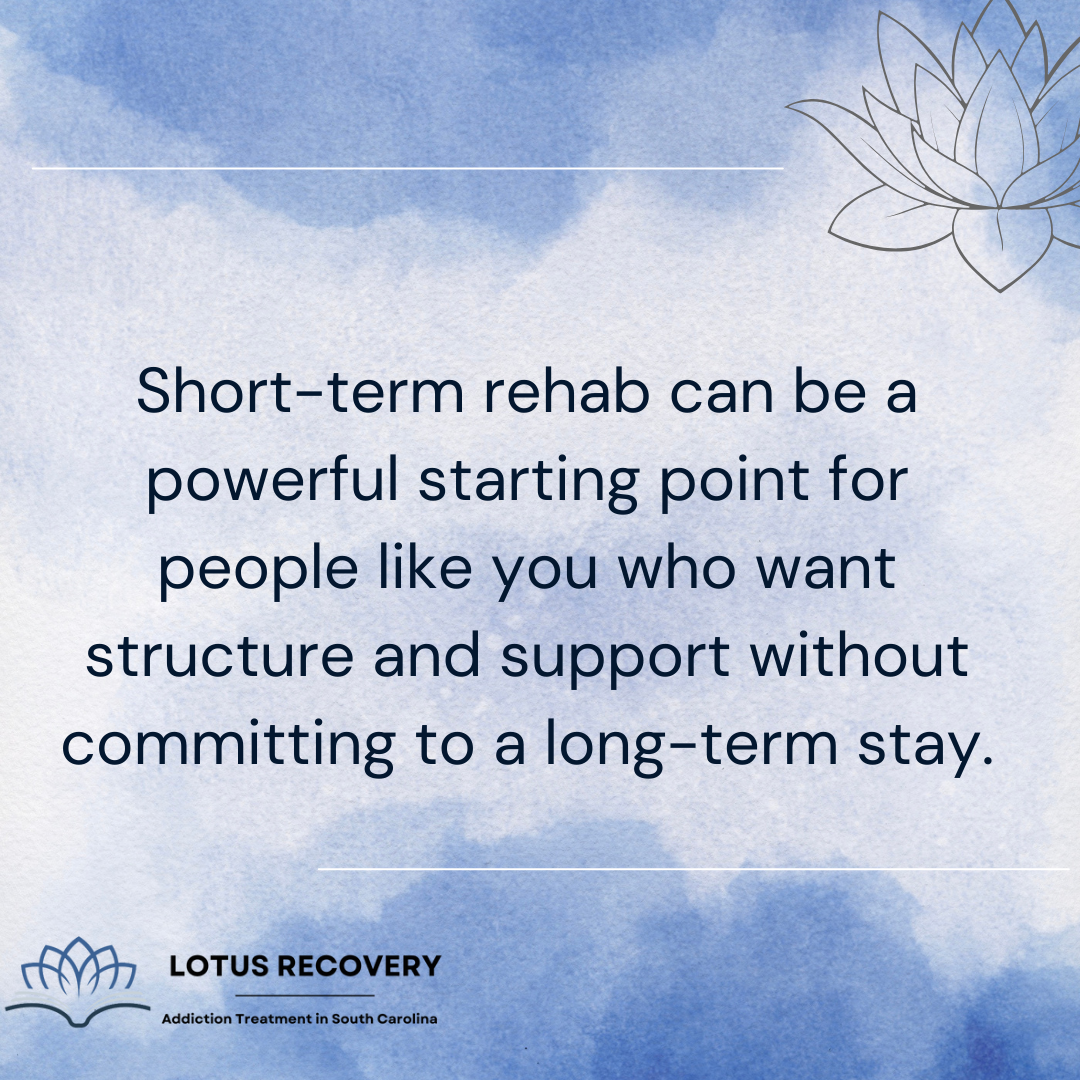
Discover if recovery from addiction without rehab is possible and what risks it carries. Explore safer alternatives for long-term healing and support.
Can someone really recover from addiction without rehab? This is a common question among people weighing options or supporting someone they care about.
While it’s true that rehab can provide structure, medical support, and accountability, there are still people who attempt recovery on their own. Some just lean on informal support like family, friends, or community groups.
This blog takes a closer look at what it actually means to pursue addiction without going through a rehab program, what the risks are, and when professional help may be the best step forward.

The short answer here is yes, some people do manage to recover without formal treatment.
There are stories of individuals who’ve maintained long-term sobriety by relying on willpower, family support, peer groups, or strong personal motivation. But these cases are less common than you might think.
Here’s the reality: Addiction affects both brain chemistry and behavior, and this makes quitting on your own incredibly difficult for most people.
Whether someone succeeds without professional help often depends on a mix of factors: how severe the addiction is, what kind of support systems they have, and whether they’re also dealing with underlying mental health challenges.
For many, professional alcohol and drug treatment provides the structure, tools, and medical support that make sustained recovery more likely. Trying to quit alone can work for some, but it’s not the typical path and it’s not always the safest one.

Speaking of safety, trying to manage addiction without rehab comes with some serious risks. In fact, if you’re dependent on substances like alcohol, benzodiazepines, or opioids, withdrawal can be more than uncomfortable. And it can actually be life-threatening without medical supervision.
Even if withdrawal isn’t dangerous, the chances of relapse are much higher when you’re detoxing or recovering without structured support. Without therapy, accountability, or a plan in place, it’s easy to slip back into old habits at the first sign of stress or cravings.
Another challenge is the lack of structure.
Rehab programs give you routines, coping tools, and accountability that make sobriety sustainable. On your own, it can feel overwhelming to stay consistent day after day, which makes long-term recovery harder to maintain.
Unlike going it alone, South Carolina addiction treatment programs are designed to do more than just stop substance use.
Keep in mind that drug rehab programs aren’t just about quitting. They focus on helping you build new coping strategies, address the underlying causes of addiction, and create healthier ways of living day to day.
In a professional setting, you also gain access to therapy, medical support, and a network of peers who understand exactly what you’re going through. That combination of structure and connection makes it far easier to maintain recovery.
Another benefit is flexibility. Depending on your needs, you might join short-term options like 30-day recovery programs to get a strong foundation, or step into longer-term care that offers ongoing guidance. Either way, the structured approach helps remove the guesswork and gives you a clear path forward.

As stated, some people do manage addiction without rehab. But there are times when going it alone simply isn’t enough. That’s when structured programs like a 30 or 90 day porgram become vital. These settings provide medical oversight, therapy, and accountability that self-managed recovery just can’t match.
Now, the question is: When do you know if it’s time for you to seek professional help?
Looking for 30 day recovery programs near me?
As discussed, short-term rehab can be a powerful starting point for people like you who want structure and support without committing to a long-term stay. These programs typically begin with an intake process, followed by detox if needed, and then move into a daily schedule of therapy, peer group sessions, and relapse prevention planning.
The benefit of a 30-day model is that it gives you a focused, immersive environment to begin healing while still being short enough to feel manageable. It’s especially helpful if you aren’t sure about committing to a longer-term program but want to break the cycle of substance use in a safe and supportive setting.

Recovering from substance use is deeply personal, and while some people attempt to overcome addiction without rehab, professional support often provides the structure and safety that makes long-term recovery possible.
Programs like 30-day options, outpatient care, and dual diagnosis support give you more than sobriety. They help you rebuild your health, relationships, and sense of purpose.
If you’re exploring your options, remember that addiction treatment centers in South Carolina offer a wide range of paths tailored to different needs. At Lotus Recovery, we’re committed to helping you overcome your addiction with the right treatment plan. Reach out to us today and learn more!

Reviewer
Henna is a content strategist with over 5 years of experience in behavioral health marketing. She specializes in creating informed, compassionate content for addiction treatment centers, using her deep understanding of the industry to educate, engage, and support individuals seeking recovery.